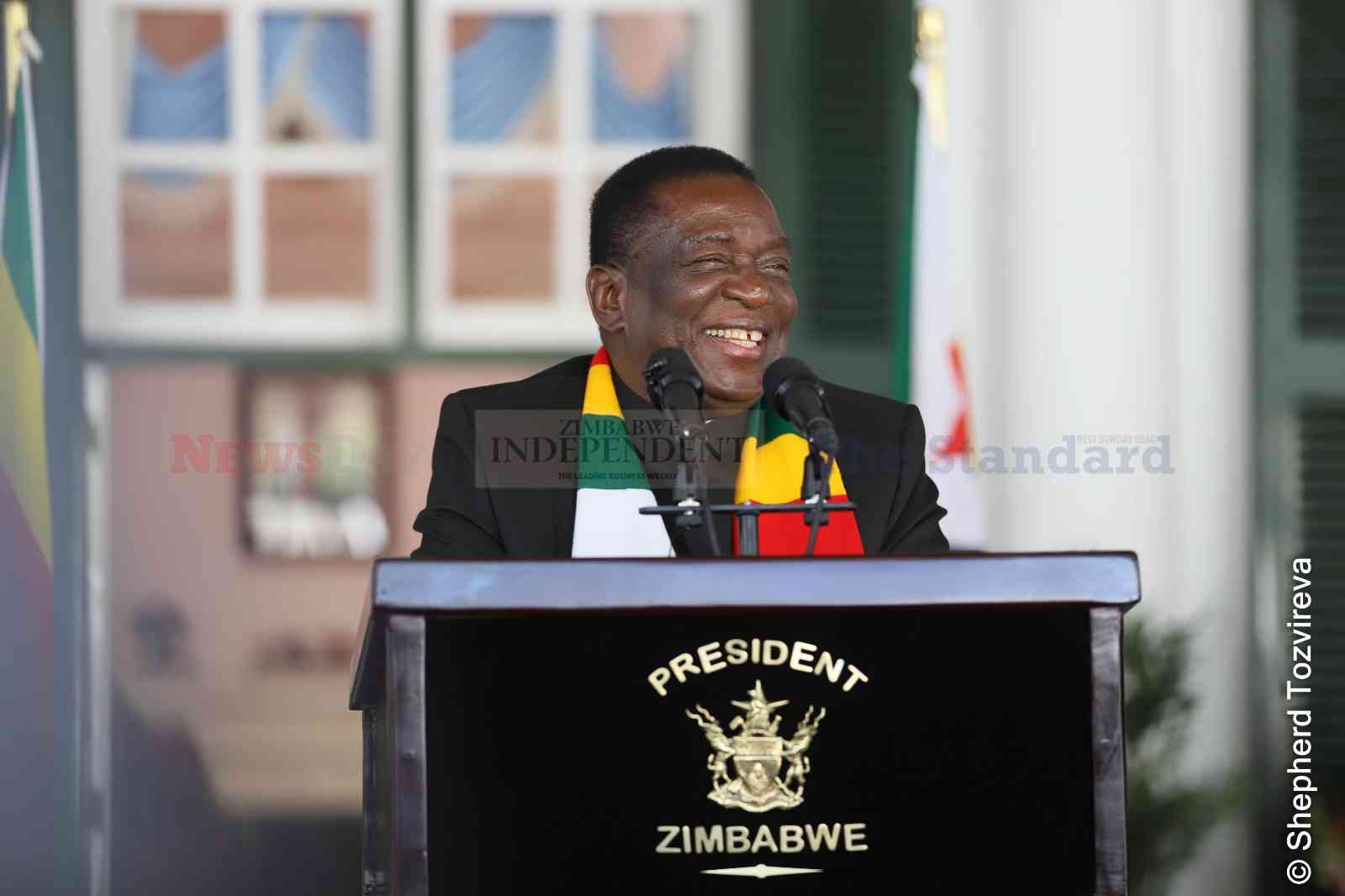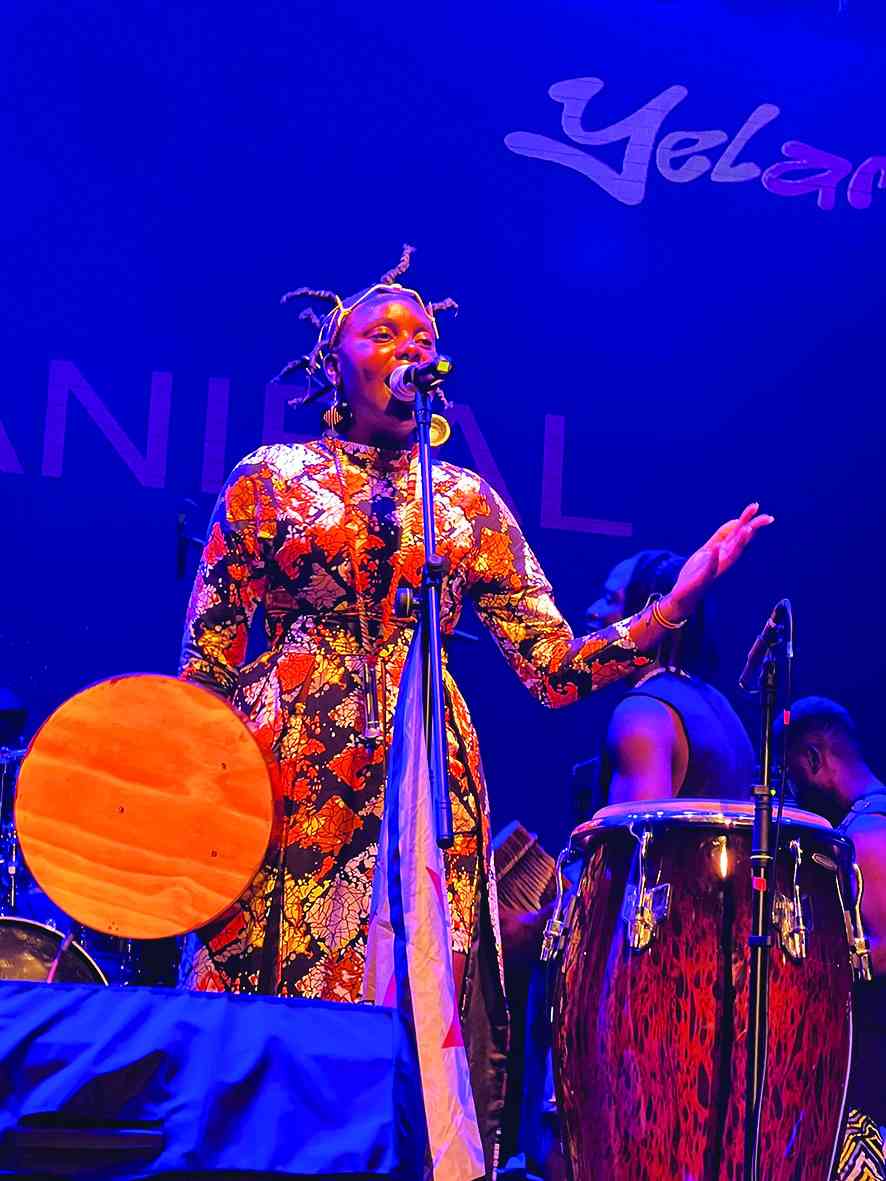
ZIMBABWE Stock Exchange-listed crocodile product concern Padenga Holdings says it is aiming to develop the local market for crocodile meat to offset reduced demand for the product in Asia and Europe.
BUSINESS REPORTER
The group said it would continue to increase sales volumes to counter this development.
Company chairman Ken Calder said meat revenue currently constituted 2% of total revenue.
Padenga Holdings’ primary business is the production and rearing of crocodiles, alligators and the export of Nile crocodile and alligator skins and meat. “We continue to make strides in growing our breeder herd with the intention of becoming self-sufficient in egg production within the next couple of years,” Calder said.
He said that the market for premium quality skins remained stable for the period ended June 30 2014, while the group had contracted to sell the volume of skins expected to be produced.
“We should, therefore, attain our financial targets for the full year 2014,” he said.
Short-term borrowings form part of the core borrowings of the group and are renewed on maturity in terms of on-going facilities negotiated with relevant financial institutions.
- Chamisa under fire over US$120K donation
- Mavhunga puts DeMbare into Chibuku quarterfinals
- Pension funds bet on Cabora Bassa oilfields
- Councils defy govt fire tender directive
Keep Reading
The facility is secured by first charge over certain of the group’s fixed assets, book debts and biological assets with a carrying value of $10 million. The group has a short-term facility of $11,4 million, while the rate of interest for local operations is between 7% to 10% and for the foreign operation ranges from 6% to 12%.
During the period under review, revenue declined to $ 4 763 133 from $8 840 607, in a development attributed to a function of the reduced number of skins sold.
This, Calder said, was due to a change in year-end implementation for flexibility on when to cull the crocodiles in order to maximise quality and achieve the targeted sizes.
The company’s current ratio stood at 2,93 and this liquidity ratio estimates the ability of a company to pay back short-term obligations.
This high ratio indicates the increased capability of the company to pay back its debts.
The interest coverage ratio during the period under review stood at 5,34. It is a measure of a company’s ability to meet its interest payments.
On the one hand, a higher ratio indicates better financial health as it means that the company is more capable to meeting its interest obligations from operating earnings.
On the other hand, a high ICR may suggest a company is playing too safe and neglecting opportunities to increase earnings through leverage. The return on sales ratio stood at 0,58 as compared to a ratio of 1,15 during the same period last year.
This ratio is used to evaluate an entity’s operating performance and indicates how much profit an entity makes after paying for variable costs of production.
An increasing ROS usually indicates the company is becoming more efficient, while a decreasing ratio could signal looming financial troubles. The group’s debt ratio stood at 0,36 and this ratio indicates the proportion of a company’s debt to its total assets. It shows how much the company relies on debt to finance assets and the higher the ratio, the greater the risk associated with the firm’s operation. A low debt ratio indicates conservative financing with an opportunity to borrow in the future at no significant risk.











